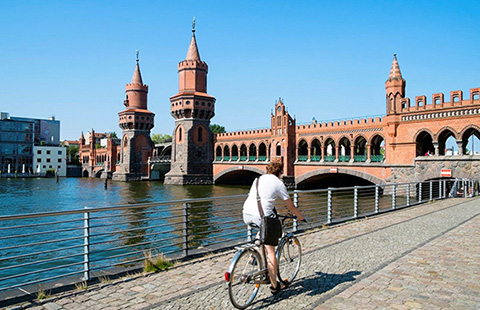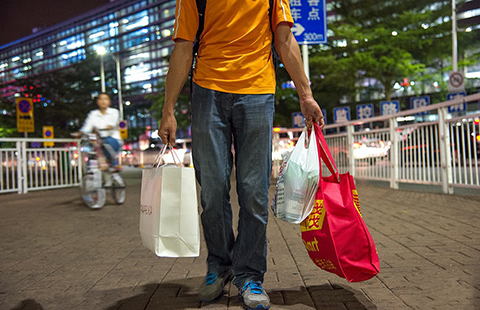Widening social gap is cause for concern
By Zhang Zhouxiang (chinadaily.com.cn) Updated: 2015-10-20 16:22As China's economy enters the "new normal", a key challenge is widening income gaps and the State needs to take measures to prevent the trend, says Li Shi, a senior scholar on income distribution at Beijing Normal University.
China's Gini co-efficient, an index of the social gap, reached 0.73 as early as 2010 - not the highest but quite high measured against the rest of the world - he said, attributing it to widening gaps in property ownership and different income growth rates for different social groups.
"Imagine you have a good house, in a good geographic position of the city," he said. "You might have got a good rent in the past several years while those without had to spend their income on it. That enlarges the income gap."
Some policies of the State, such as subsidizing farmers that grow crops with low economic returns, have decelerated the process, he added. However, these measures, together with other social welfare policies, might be cut by government officials who claim China is on the brink of becoming a welfare state and stress the necessity of encouraging people to work hard by providing insufficient welfare.
Worse, decision-makers at local authorities, who control State-owned capital, might prefer to invest in capital-intensive programs to maintain digital prosperity. "These so-called ‘programs that polish the image of local governments' help little in providing jobs," he said, adding that it is necessary to prevent local officials from abusing their power by investing in programs that favor political promotion rather than social development.
- China's top farming produce sees export decline
- LeTV buys 70% share of ride-sharing app Yidao Yongche
- Xi's visit to unlock $46 billion in commercial deals
- China drives global VC funding to record high
- China's financial sector grows stronger
- A double life by day and night
- Monetary easing encourages fixed-income asset investment: Report
- China comes to Africa as partner: former Kenya PM

















